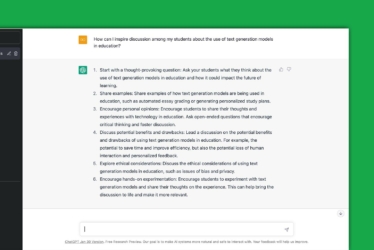Insights
What is Productivity when Working from Home?
Productivity in the workplace is the efficiency with which you complete tasks and goals for your organisation. But, how do you measure that exactly when working from home, specifically when working online? What kind of metics are involved? How can managers improve the productivity of their team when working from home?
Through the centuries, there have been different ways of measuring productivity in the workplace, starting way back with Taylorism or Scientific Management. That might be as simple as a factory measuring how much output per hour there is, or at an office how many targets an employee meets within a set amount of time. In fact, sometimes it is simply measured as “bums on seats”. Receptionists, for instance, simply need to be there to provide their hosting services, regardless of how many customers they serve. Above all for employers it is important to remain in control of their resources, of which humans form an important and costly part. Often management information, as expressed in data and graphs, is used to steer decision making.
Measuring remote productivity
The standard metrics change when employees use digital technology. Workers can be in the office, but increasingly they are working from home, mostly out of sight. There are not even bums on seats to measure, only output.
Figuring out new meaningful metrics is difficult. Is Big Data the solution, or an additional problem? Are you measuring what you think you are measuring? Microsoft is providing companies with an MS analytics dashboard that follows employee behaviour in astonishing levels of detail (limits apply in the EU). One of the things it measures is the amount of people that you put in cc in your email, as that supposedly shows how many people you are connected to. Does that measure productivity though, or is it just an indication about the nature of emails a particular employee sends? How about creativity and quality? As is often the case, bad input data results in bad insights. So think carefully before following the marketing ploy of Big Tech suggesting managerial control, and follow the Holistic Data Responsibility Framework to consider its implications.
As a manager you want to promote employee efficiency, but at the same time you also want to avoid causing larger amounts of sick leave or killing off the much priced creativity and flexibility of your team. Being a big stalker of employees might not get you the results that you are after and only increase the negative effects such as employee dissatisfaction.
Practical promotion of productivity
Trust is the most important success factor in an online team. As a manager let go of a need to control, and trust your employees expertise. Why fear your employees are wasting their time? Even before the pandemic, research suggested that people working from home put in 1.4 more hours a month than those working from the office. So instead, coach employees not to overwork and sometimes detox from their technology is a better preventive measure to promote efficiency, than trying to control what people do all the time.
Transparency on expectations for employees working from home reduces anxiety caused by insecurity. Number of video calls and swift replies to emails may seem like the new ‘bums on seats’ metric for in control managers, but they also disrupt your employees ability to concentrate for longer periods of time, potentially reducing the quality and creativity of their work. Less is more, especially where video calls are concerned. You don’t want Zoom fatigue to spread.There are even companies that have introduced “weeks without meetings.” Instead suggest focus periods and blocks of time dedicated to specific assignments.
Management techniques like Agile might give a flexible structure to the online working week, with the stand up meetings and sprints that allow constant readjusting task lists, but accept that not everything can be measured in exact key performance indicators.
Read More
- Working from home increases productivity
- The right to switch off from work
- Is productivity working from home improving?
- Paradoxes of Engagement: Less Communication is more
- Stanford researchers identify four causes for “Zoom fatigue” and their simple fixes
- Detox your relationship with technology
- Values in Action Character Strengths Habit







